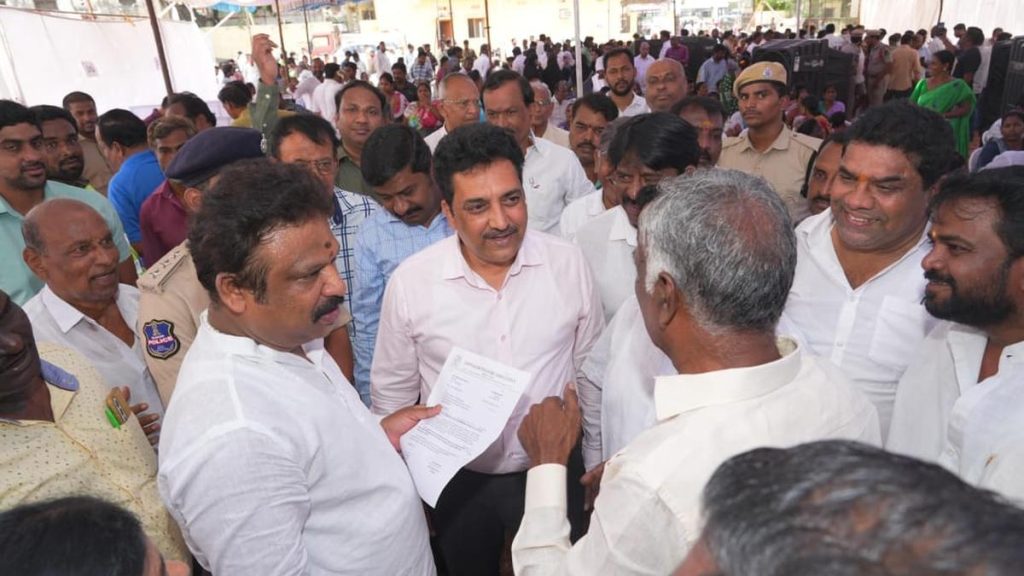Now Reading: Experts Warn Polar Geoengineering Could Backfire
-
01
Experts Warn Polar Geoengineering Could Backfire
Experts Warn Polar Geoengineering Could Backfire

Quick Summary:
- A new assessment published in Frontiers in Science evaluates five polar geoengineering ideas proposed for addressing climate change impacts on the Arctic and Antarctic.
- The proposed methods include stratospheric aerosol injections (SAI), sea curtains/walls, sea ice management, basal water removal from glaciers, and ocean fertilization.
- Findings show these proposals lack robust real-world testing and are unlikely to be feasible or effective at scale within the necessary timeframe to tackle climate change.
- Risks associated with these ideas include potential ecological damage (e.g., ozone depletion through SAI or habitat disruptions via sea curtains), logistical challenges, governance gaps, high costs (estimated setup/maintenance cost ranges from $10 billion to $80 billion), and further delays in emissions reductions.
- Researchers argue that focusing resources on unproven geoengineering may detract from evidence-based efforts like decarbonization and proven mitigation strategies.
Indian Opinion Analysis:
India joins a global community grappling with solutions for climate change while balancing innovation against practicality. This assessment highlights critical lessons for India’s approach to environmental challenges-namely, prioritizing scientifically validated methods over speculative alternatives when stakes are time-sensitive.
Given India’s vast coastline vulnerable to rising seas and reliance on agriculture impacted by shifting weather patterns, the findings stress investing more aggressively in proven mitigation measures such as renewable energy expansion and emissions reduction initiatives rather than experimental technology requiring high capital input without guaranteed success.
Moreover, as an influential voice among developing nations navigating international climate diplomacy, India must advocate for equitable governance frameworks ensuring any geoengineering decisions benefit all countries fairly-especially those disproportionately affected by environmental shifts like polar ice loss leading to altered global weather systems.
Ultimately, while research into novel technologies is vital for long-term solutions globally-including contributions India might make-the pressing priority remains immediate systemic changes aligned with net-zero goals by 2050.



























